|
I am a PhD candidate with the Department of Computer Science at the University of Toronto, advised by Prof. Jessica Burgner-Kahrs. I hold a B.A.Sc in Engineering Science at the University of Toronto, majoring in Robotics Engineering with a minor in Artificial Intelligence. In the past, I've been fortunate to collaborate with Xin Yi at Tsinghua University, and Peter Grant at University of Toronto Institute for Aerospace Studies. Email / CV / Google Scholar / LinkedIn |

|
|
|
|

|
Department of Computer Science, University of Toronto Sep 2022 - Current | Toronto, ON, Canada Supervisor: Prof. Jessica Burgner-Kahrs |

|
Faculty of Applied Science and Engineering, University of Toronto Sep 2017 - Apr 2022 | Toronto, ON, Canada The Engineering Science Research Opportunities Program Scholarship, 2019 Dean's Honour List, 2017-2022 |
|
I aim to develop robotic systems that integrate physical intelligence and sensorimotor intelligence to perform complex, contact-rich tasks in unstructured environments. As a roboticist, I focus on tendon-driven continuum robots – soft elastic robots that offer unique capabilities for navigating confined spaces. My work spans model-based design, sensing, and control. |

|
Kyum Lee, Chengnan Shentu, Chloe Pogue, Jessica Burgner-Kahrs ICRA, 2025 We present a low-cost method to automate tension calibration for tendon-driven continuum robots (TDCRs), particularly those lacking tension sensing. |

|
Maximillian Hachen, Chengnan Shentu, Sven Lilge, Jessica Burgner-Kahrs IEEE Robotics and Automation Letters (RA-L), 2025 website / PDF / arXiv We propose a MPC to enable tendon-driven continuum robots (TDCRs) to navigate between target end-effector positions while avoiding collision with a user-defined safe zone, which is crucial for safe teleoperation. |

|
Chengnan Shentu, Jessica Burgner-Kahrs ICRA@40, 2024 website / PDF / arXiv We propose a novel synovial universal-jointed TDCR design which restricts robot motion to achieve torsional rigidity and efficient state representation (through a set of discrete joint angels). The modules' geometry is parametrically determined by tube dimensions and joint angle limits. |
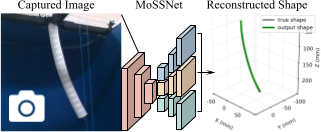
|
Chengnan Shentu*, Enxu Li*, Chaojun Chen, Puspita Triana Dewi, David B. Lindell, Jessica Burgner-Kahrs IEEE Robotics and Automation Letters (RA-L), 2023 *Equal contribution PDF / arXiv / IEEE Xplore / GitHub We propose a novel monocular shape sensing method for continuum robots, called MoSSNet. It comprises an encoder and three parallel decoders to uncover spatial, length, and contour information from a single RGB image, and then obtains the 3D shape through curve fitting. MoSSNet outperforms existing stereo-vision-based shape sensing methods in terms of real-time capability and has much lower hardware complexity compared to embedded sensing methods. |
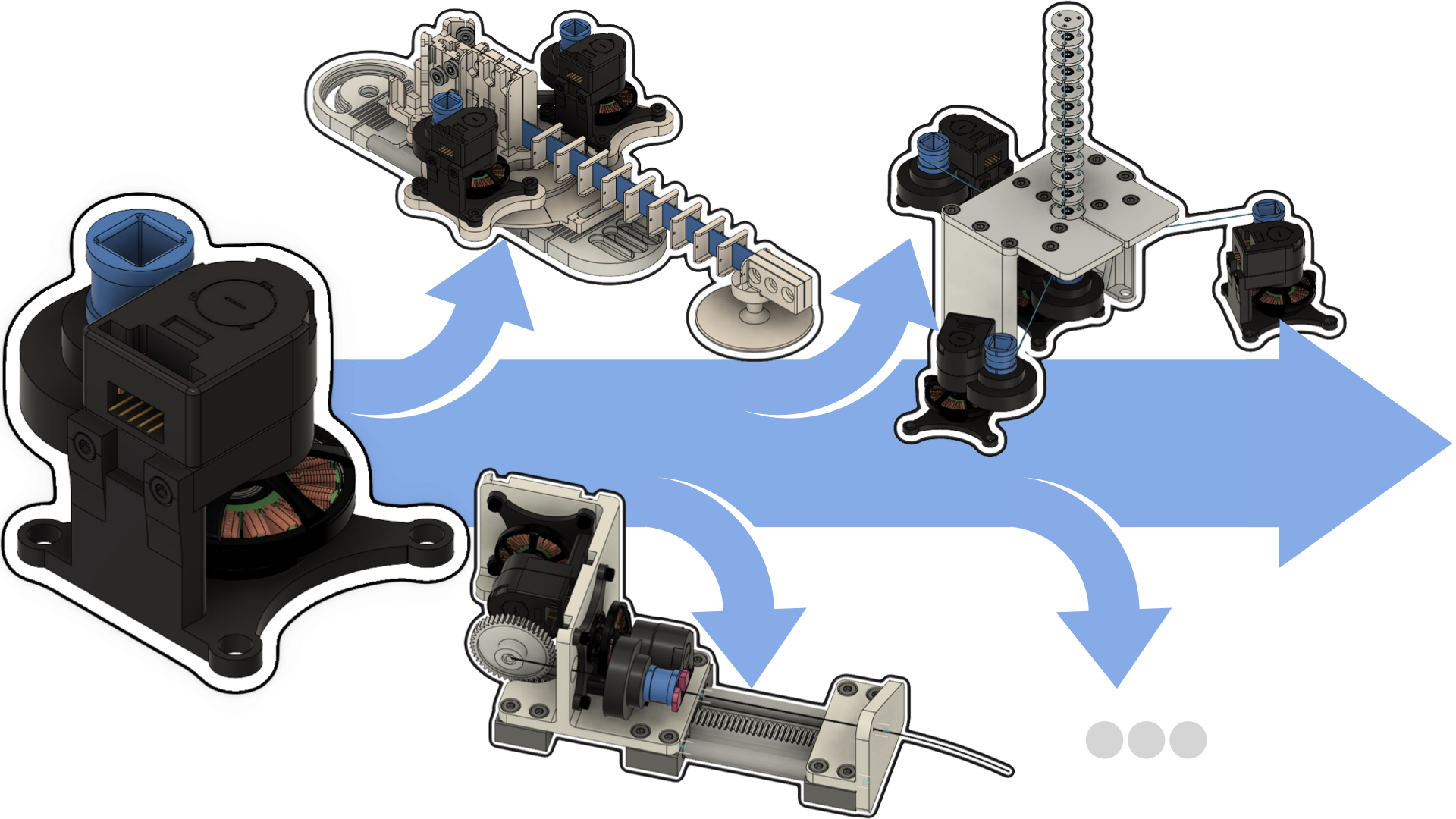
|
Reinhard M. Grassmann, Chengnan Shentu, Taqieldin Hamoda, Puspita Triana Dewi, Jessica Burgner-Kahrs Frontiers in Robotics and AI, 2024 PDF / arXiv(html) / Frontiers / Youtube / OpenCR Project To democratize continuum robots research, we propose an actuation module to build torque controlled continuum robots and provide open-source software and hardware with our initiative called the Open Continuum Robotics Project. |
|
|
Undergraduate Thesis, supervised by Jessica Burgner-Kahrs Sep 2021 - Apr 2022 In this work, I investigated and implemented an impedance controller for a planar continuum robot in simulation, to achieve variable dynamic behavior for safe interactions with the environment. |
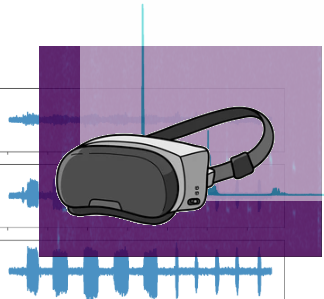
|
Supervised by Prof. Xin Yi, Tsinghua University May - Sep, 2021 This work seeks to investigate the risk of side channel attack on head mounted consumer devices, such as VR headsets and smart-glasses, through inertial measurement unit (IMU) by recovering speech or motion information. I identified several machine learning models that could eavesdrop on device userswithout microphone access and discussed how to defend such attacks effectively. |
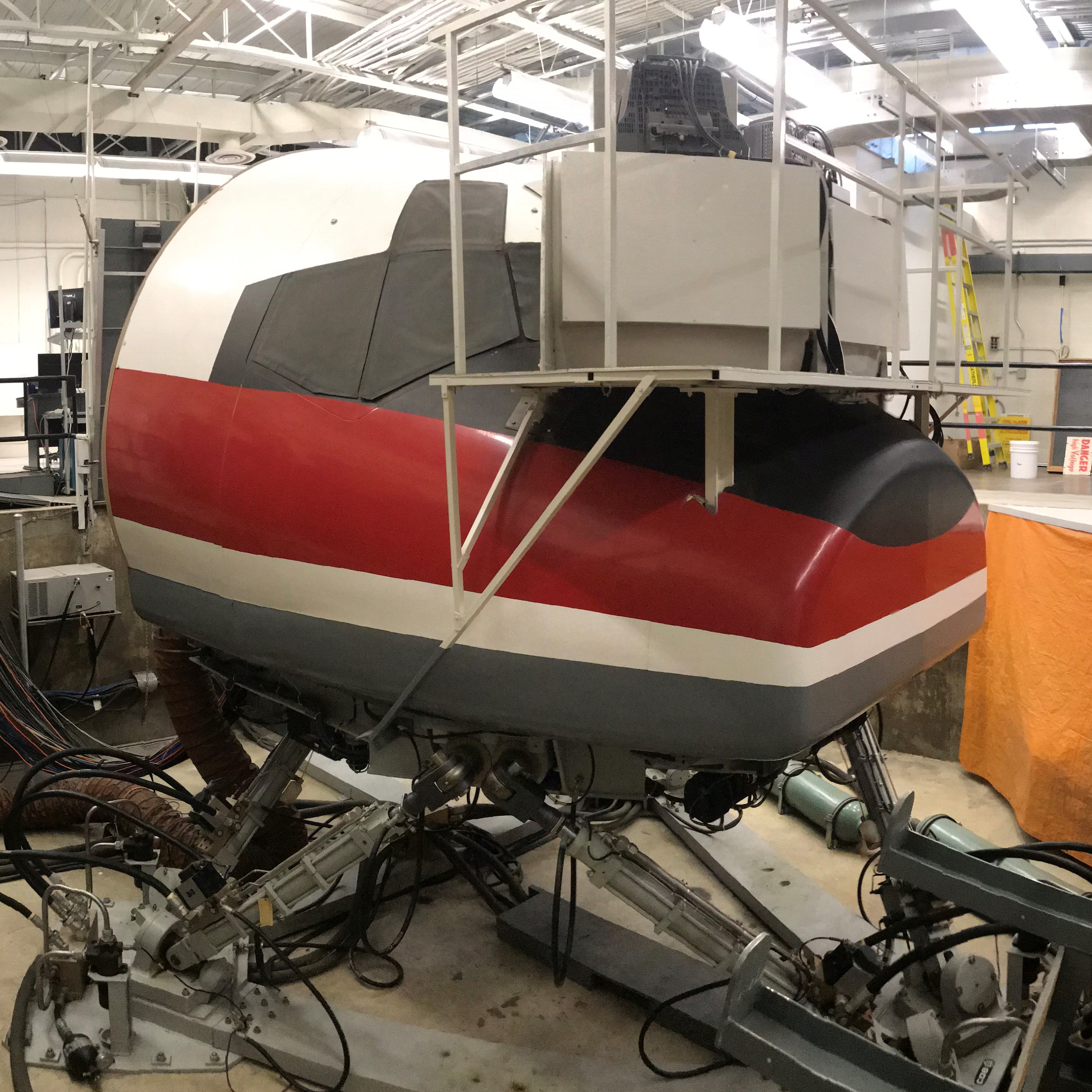
|
Supervised by Prof. Peter Grant, University of Toronto Institute for Aerospace Studies May - Aug, 2019 This project is motivatedby aircraft stall being one of the leading causes of commercial aircraft accidents. The outcome is an improved aircraft flight model suitable for professional simulation training. |
|
|
|
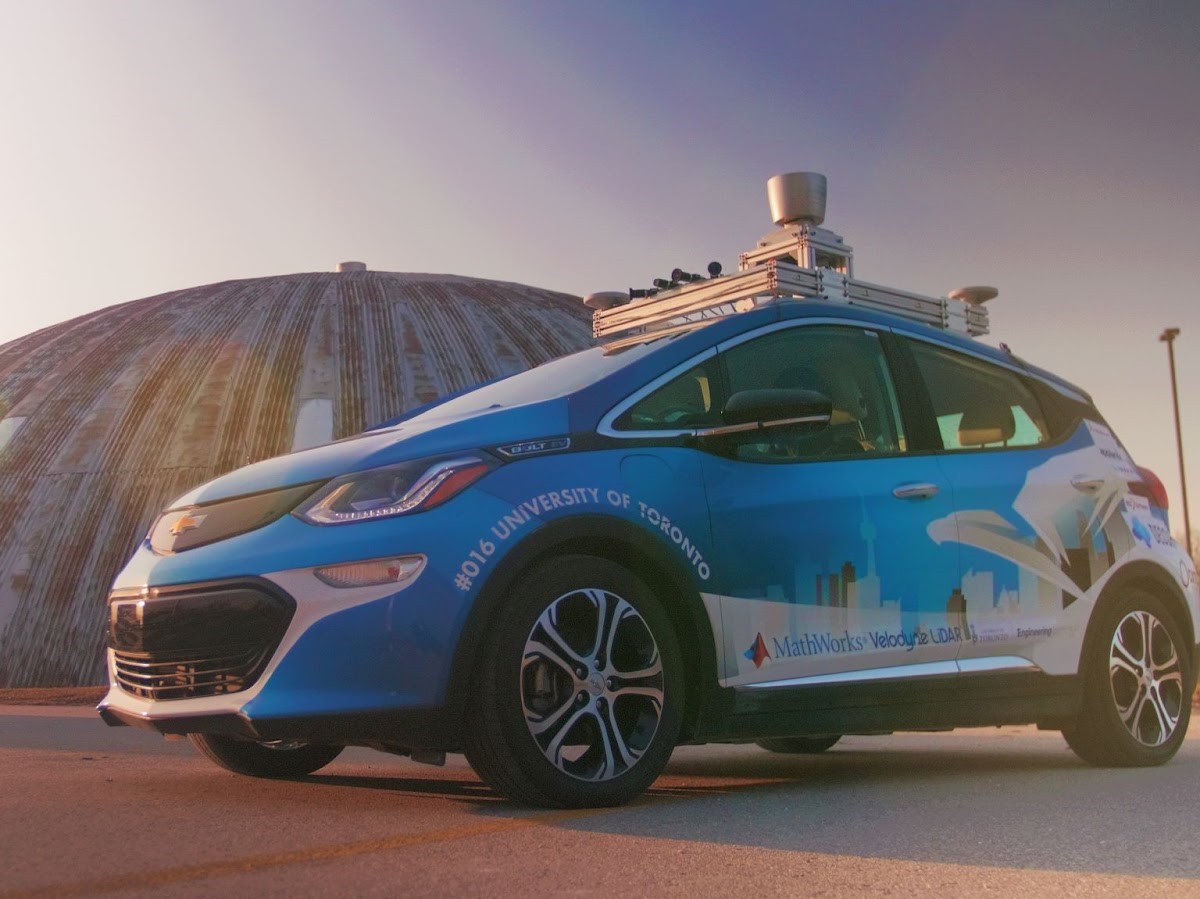
|
Autonomous Vehicle Control
University of Toronto Self-Driving Car Team 1st Place among 8 Universities, AutoDrive Challenge, 2021 Development of velocity scheduler and model predictive controller with dynamic vehicle model using C++ in ROS |
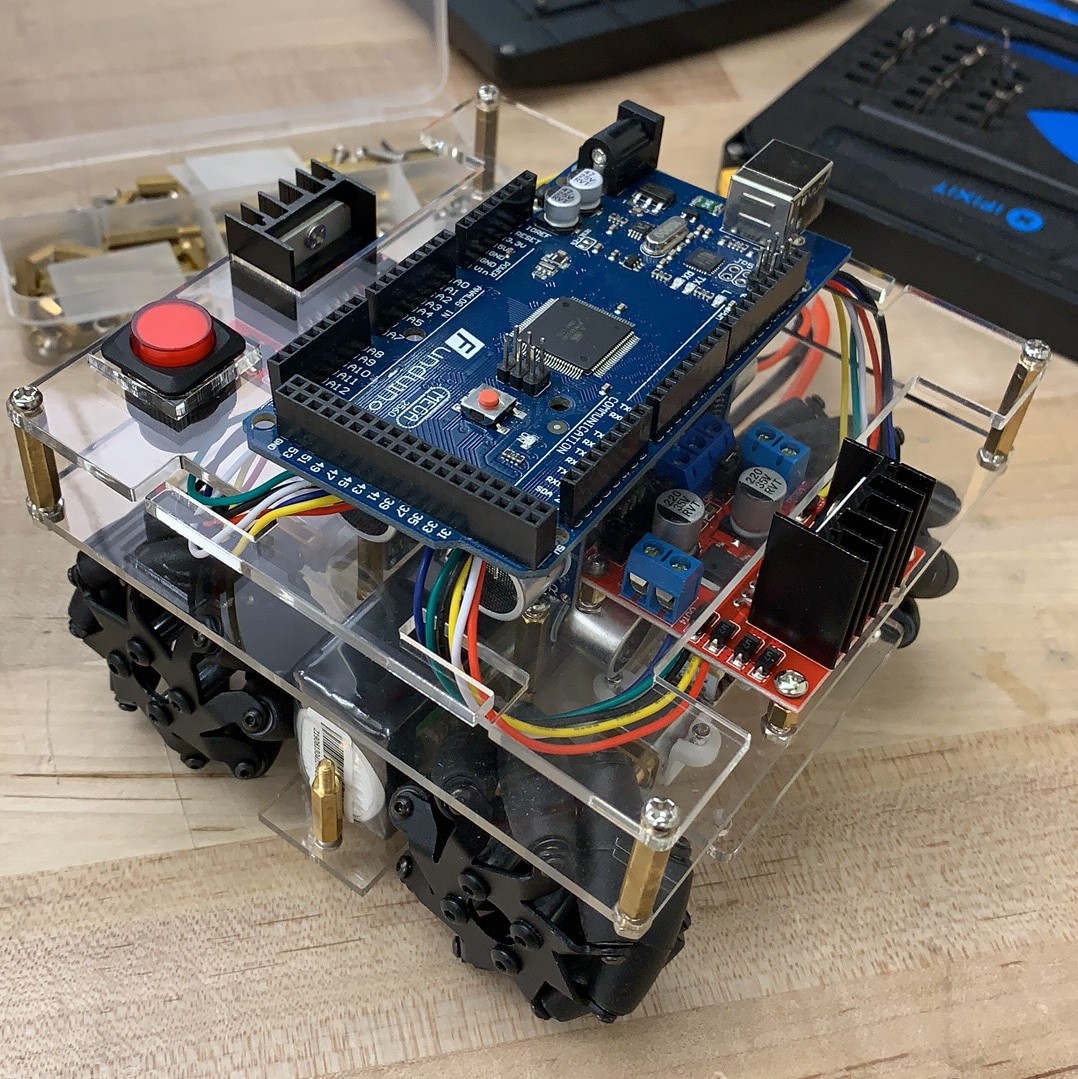
|
University of Toronto Robotics Association Competition Organized and led weekly meetings with subteam members focusing on the design and implementation of mechatronics for the autonomous robot. |
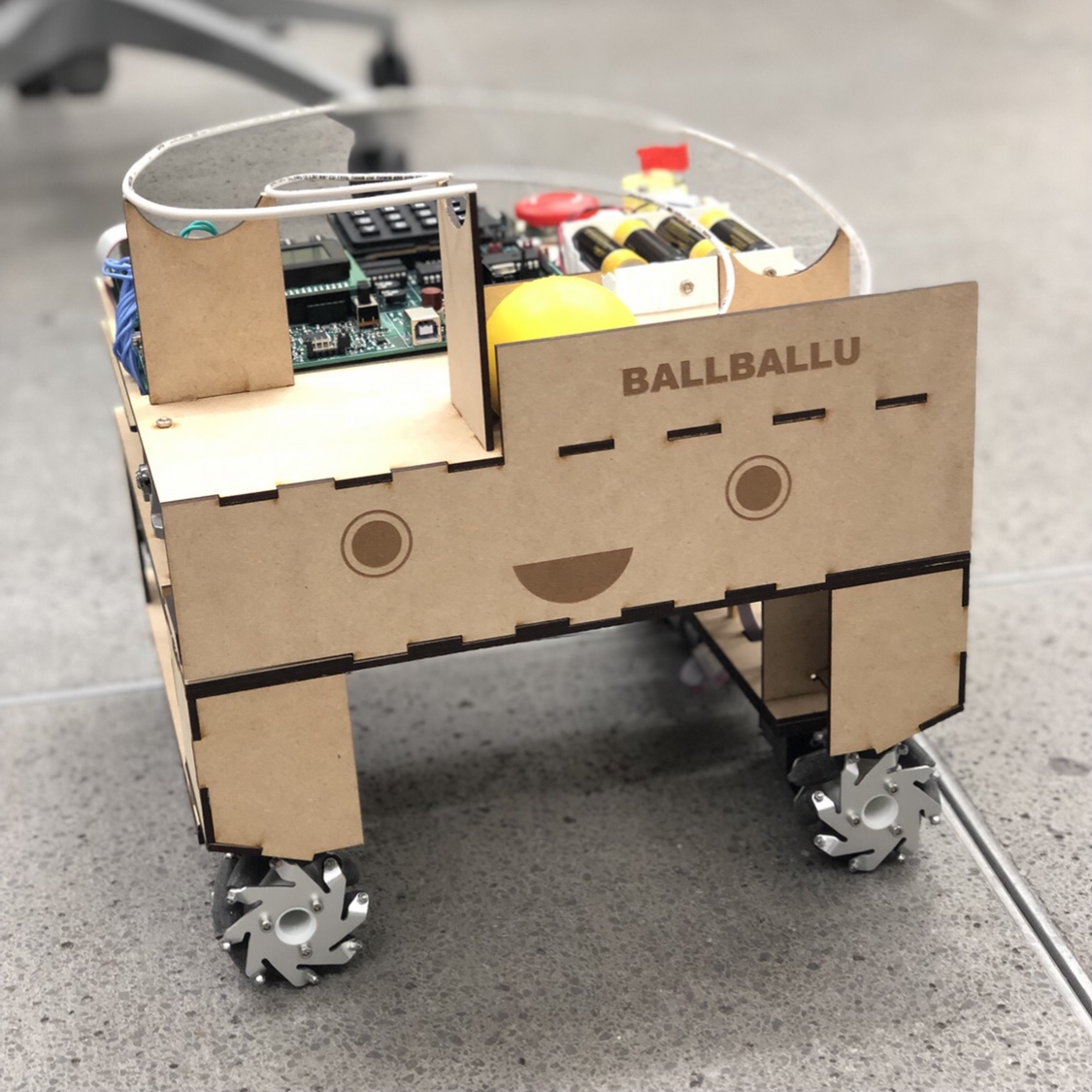
|
BALL BALL U: An Autonmous Ball Dispensing Prototype Engineering Design Competition 2nd Place, University of Toronto, Apr 2019Technical Report / Glance / Competition Designed, fabricated and programmed a proof-of-concept robot prototype that autonomously detect anddeploy objects to canisters. |